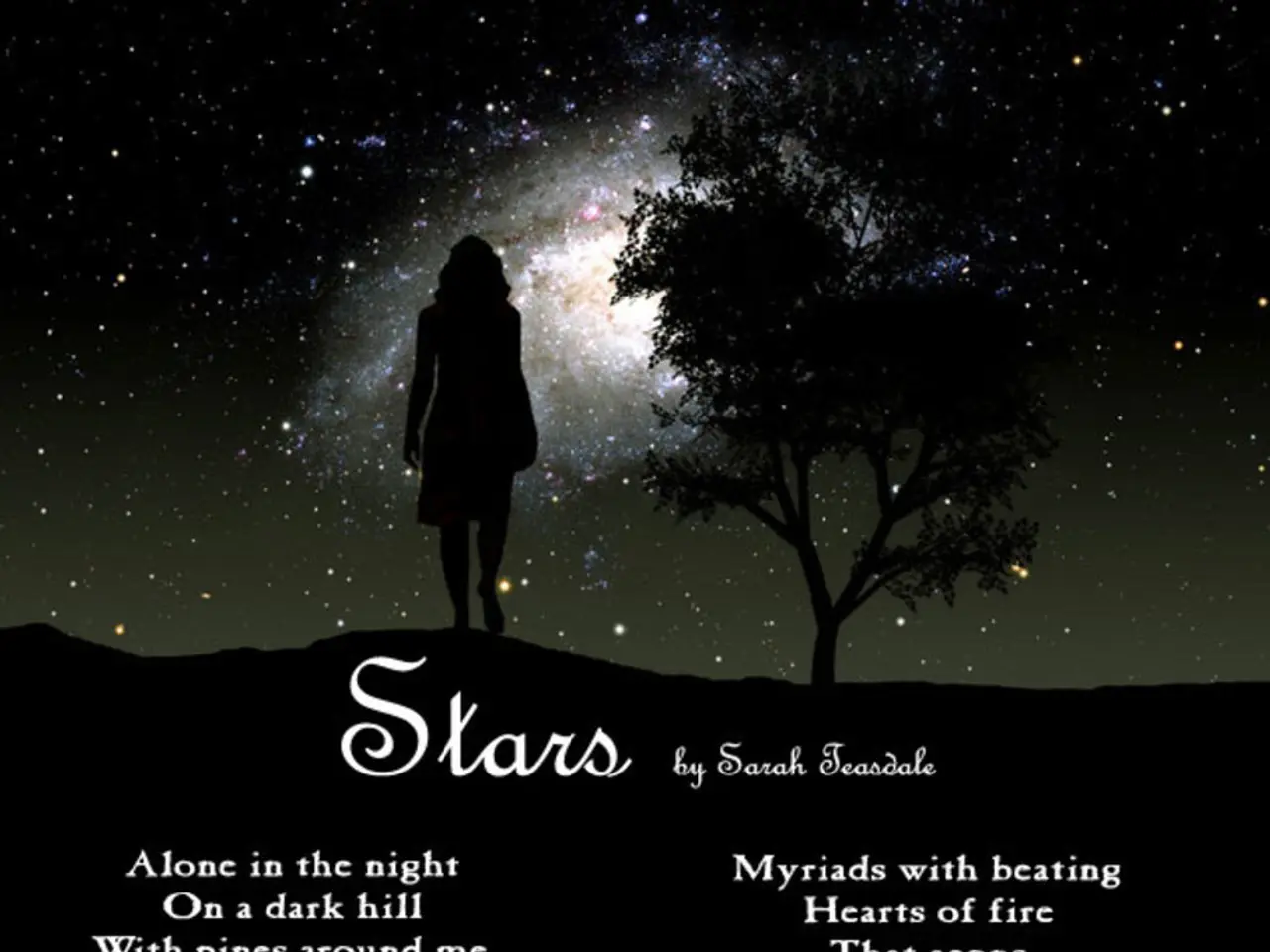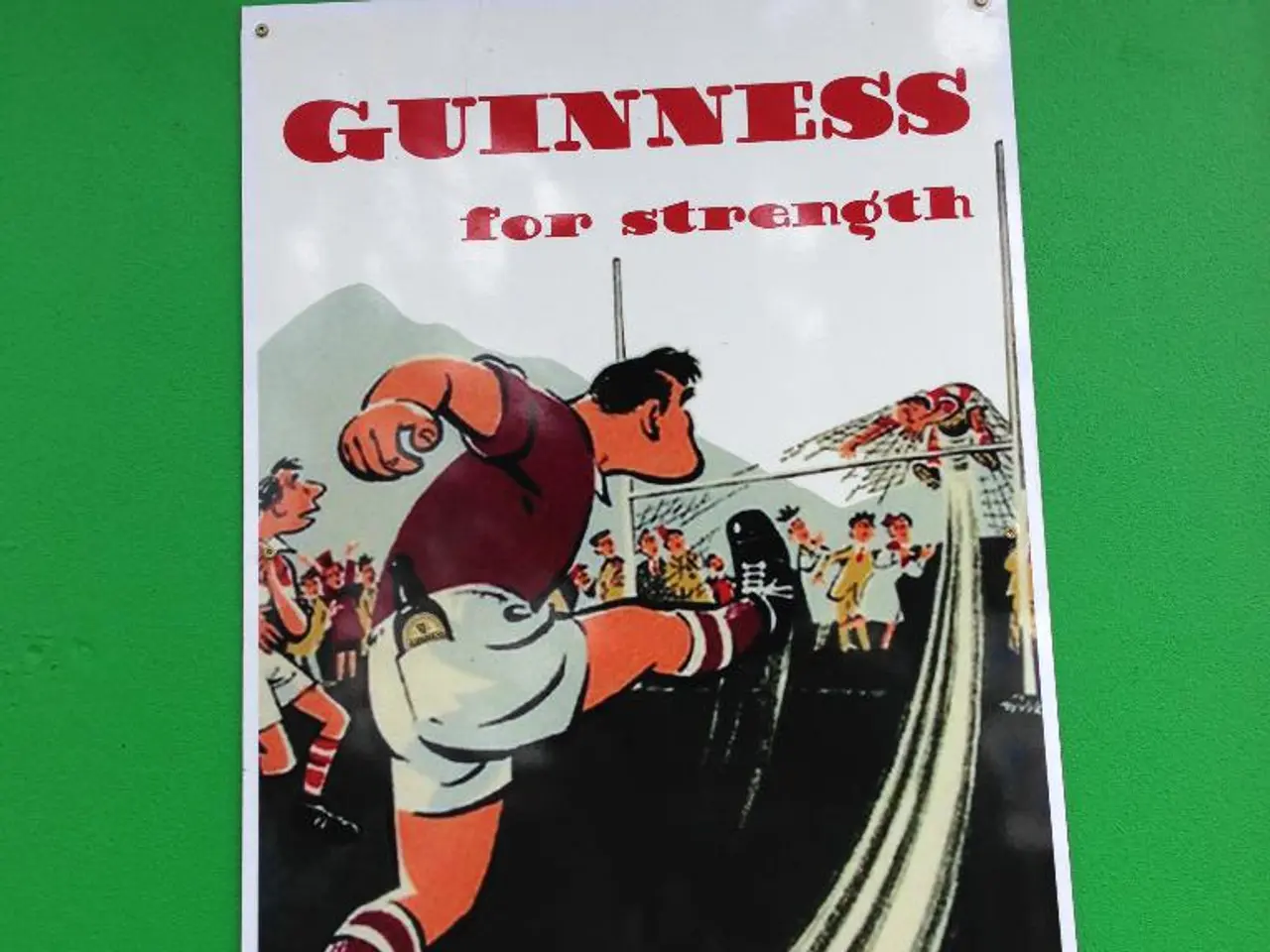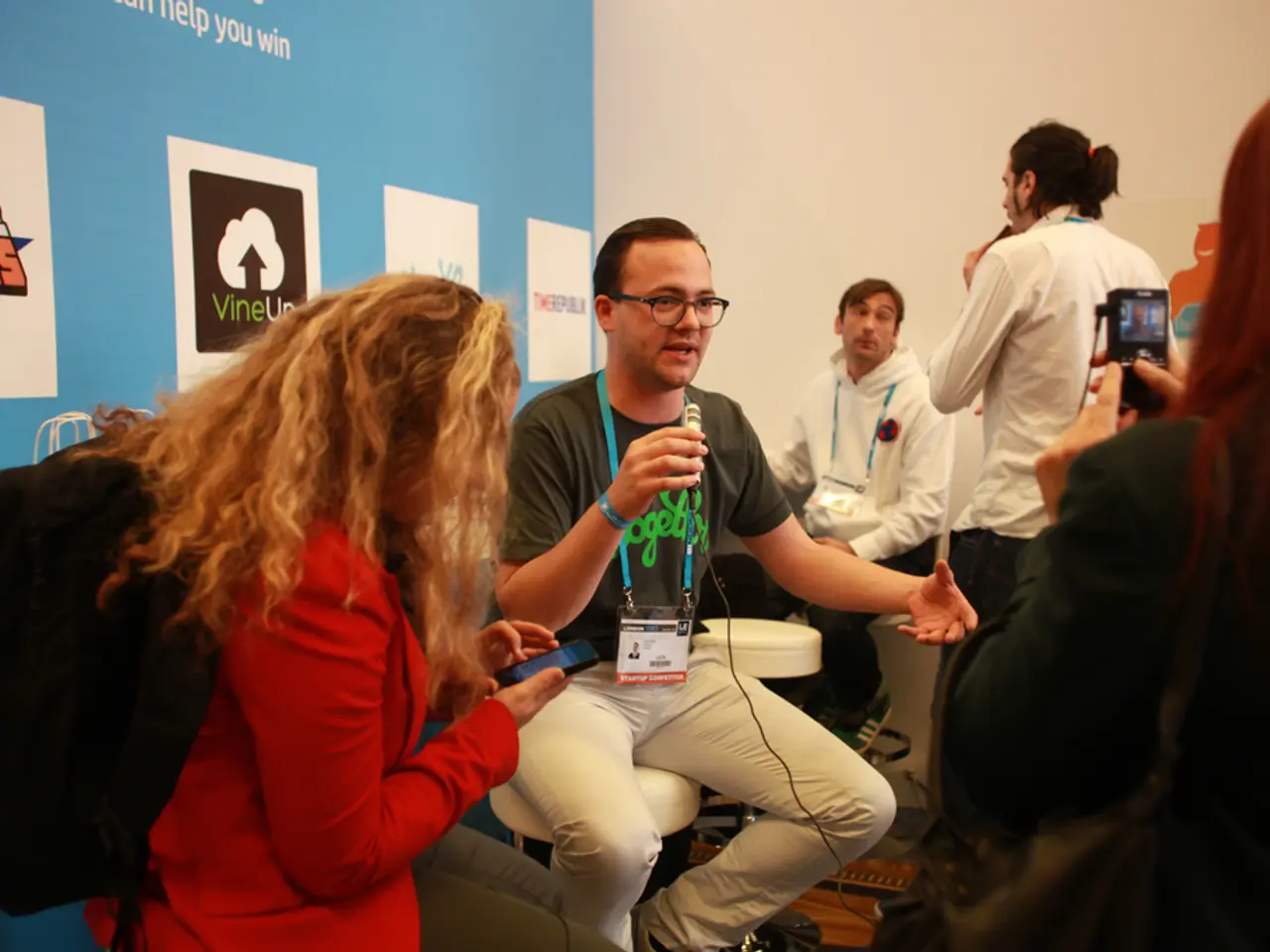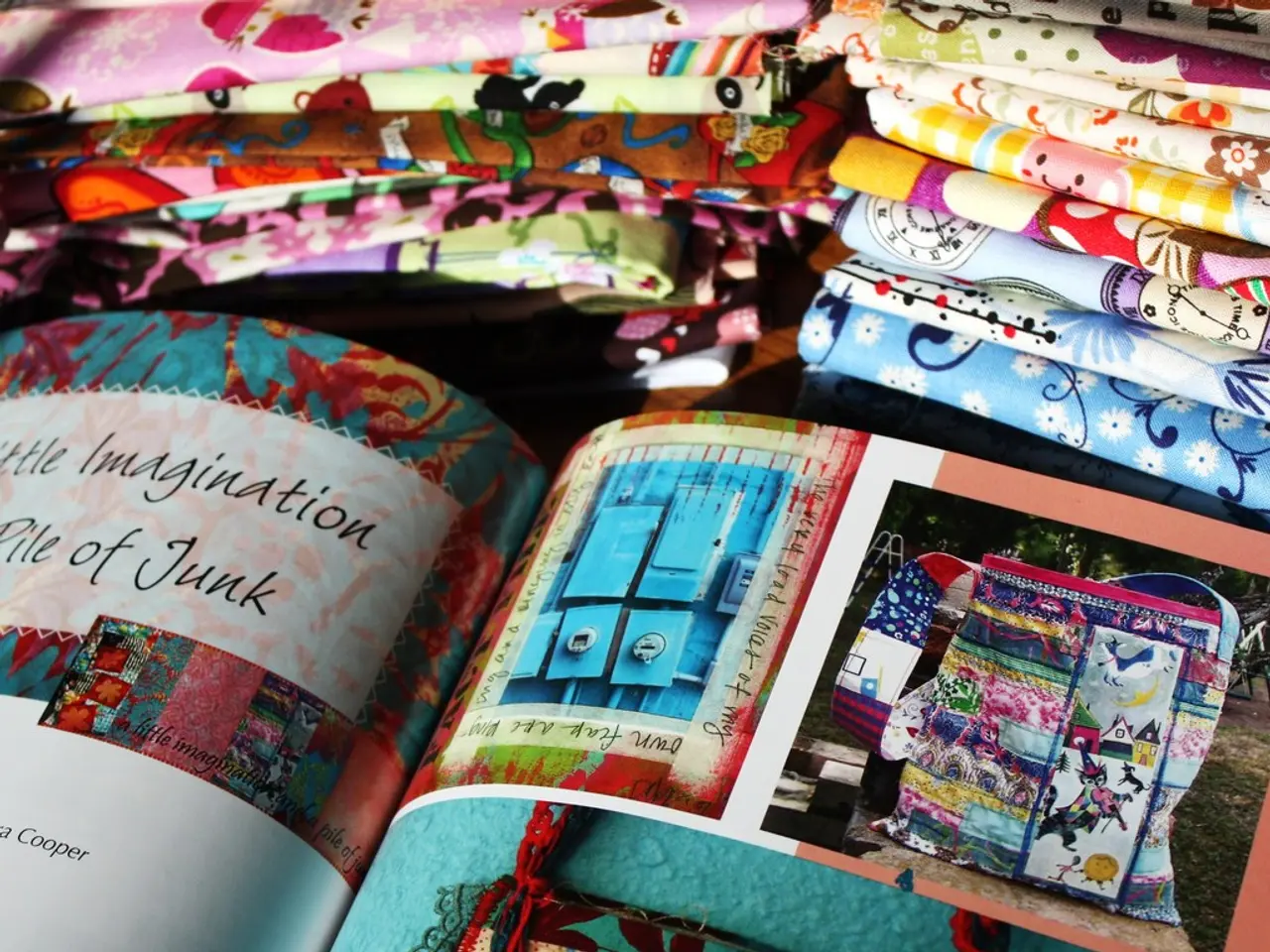Expressive Poetry on Depression: Bold Voices Shattering the Quiet
In recent years, slam poetry has emerged as a significant force in the mental health discourse, offering a unique platform for open and authentic discussions about mental health issues. This energetic and emotionally charged performance poetry style provides a cathartic outlet for poets, offering comfort and validation to listeners.
The evolution of slam poetry as a tool for mental health discourse began in the 1980s, with Marc Smith often credited as its founder. Since then, it has grown from a niche artistic expression to a mainstream platform in schools and community events, including mental health-themed slam poetry competitions that create safe spaces for young people to express and confront their mental health challenges collectively.
Notable slam poems about depression, such as "OCD" by Neil Hilborn, "Explaining My Depression to My Mother" by Sabrina Benaim, and "Shrinking Women" by Lily Myers, have contributed to the destigmatization of mental illness by putting complex emotions into words and rhythm, making the invisible struggles more visible and appreciated by wider audiences.
Other poems, shared on platforms like TikTok, explore mental health through vivid narratives of frustration, awareness, and healing, resonating deeply with viewers who may face similar internal battles. These works often encourage dialogue about mental health, helping break the silence and isolation many experience.
Slam poetry functions as a therapeutic tool by providing both the poet and the audience a means to process emotions. Writing and performing poetry facilitates expressive writing, which research has shown can improve mental well-being by enabling emotional release, self-reflection, and identity affirmation. Engaging in slam poetry communities also fosters a sense of belonging and social support, vital factors in mental health recovery and resilience.
Moreover, poetry slams and related events serve as educational and therapeutic interventions, especially for youth, by encouraging open conversations about mental health and reducing stigma. This collective engagement supports mental health literacy and empowers individuals to seek help or adopt coping strategies.
For those inspired to create their own slam poetry about depression, authenticity is key, with no need to adhere strictly to traditional poetic structures. Metaphor and imagery play a crucial role in conveying the experience of depression, with poets frequently describing it as a heavy blanket, a dark cloud, or an ever-present shadow.
Exploring sad poetry books or attending slam poetry events can provide a sense of connection and validation for those dealing with depression. Reading slam poetry about depression can be a transformative experience, fostering empathy, understanding, and connection.
In summary, slam poetry plays a crucial role in evolving mental health discourse by making it more inclusive, emotionally rich, and therapeutic for diverse audiences and participants. It serves as a form of self-expression and community building, providing safe spaces for individuals to share their stories and connect with others who understand their struggles. The National Alliance on Mental Illness and the World Health Organization provide resources on mental health statistics and depression, while online communities, local poetry groups, and mental health organizations offer workshops and support for those expressing mental health experiences through poetry.
- Slam poetry's rise in the mental health discourse started in the 1980s, primarily due to Marc Smith, its credited founder.
- These poetry performances, often held in schools and community events, now include mental health-themed slam poetry competitions to support young people dealing with mental health issues.
- Notable poems such as "OCD," "Explaining My Depression to My Mother," and "Shrinking Women" have contributed to the destigmatization of mental illness, shining a light on complex emotions and experiences.
- On platforms like TikTok, poems about mental health resonate deeply with viewers, encouraging dialogue and helping break the silence around these issues.
- Engaging in slam poetry communities offers therapeutic benefits, allowing for emotional release, self-reflection, and affirmation of identity. It also fosters a sense of belonging and social support in mental health recovery.
- Slam poetry events serve as educational and therapeutic interventions for youth, reducing stigma and promoting mental health literacy. They empower individuals to seek help or adopt coping strategies.
- For those dealing with depression, exploring sad poetry books or attending slam poetry events can provide a sense of connection and validation, fostering empathy, understanding, and transformation.




